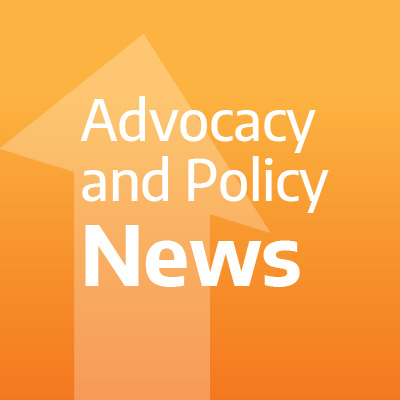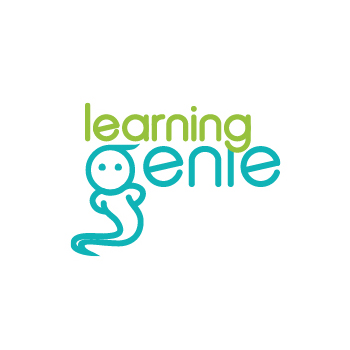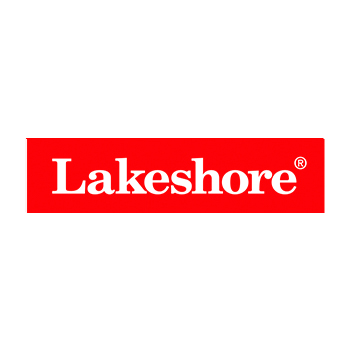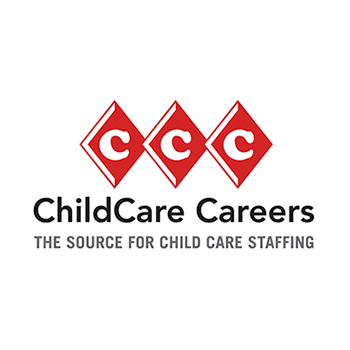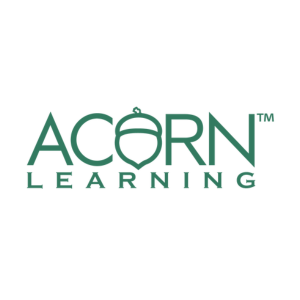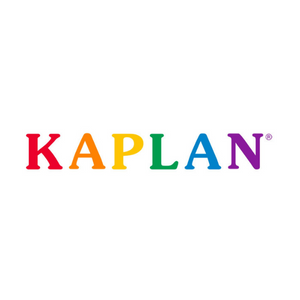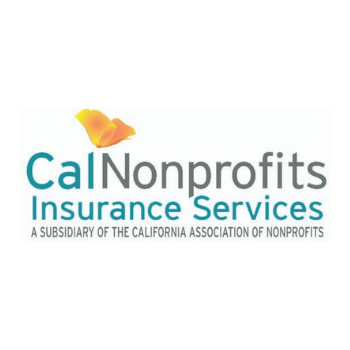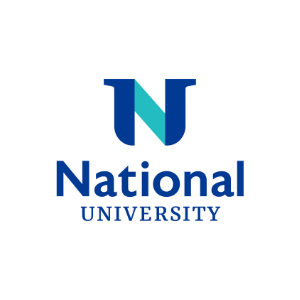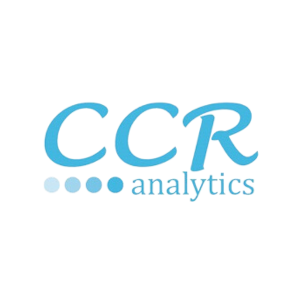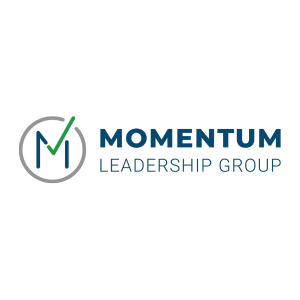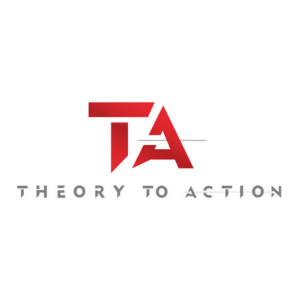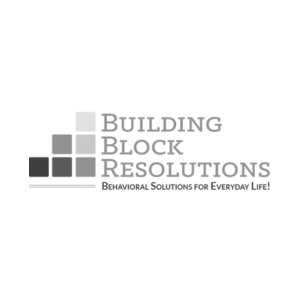On October 11, 2019, a federal judge in New York issued a temporary injunction against the Trump administration’s “public charge” rule, preventing the rule from taking effect on October 15.
The public charge rule would make it more difficult for immigrants to get green cards if it looks like they might need public assistance. Titled “Inadmissibility on Public Charge Grounds,” the rule sparked several legal challenges.
Under the rule, U.S. immigration officials who decide whether an immigrant should be granted a green card would weigh whether the applicant will be self-sufficient. Among the factors the officials would use is whether the applicant is already using public benefits like food stamps, housing subsidies and cash assistance.
Judge George B. Daniels, of the Southern District of New York, ruled on Friday afternoon that the plaintiffs — five organizations that work to aid immigrants, as well as the governments of New York state, New York City, Connecticut and Vermont — are likely to succeed in their claims against the Trump administration.
“The Rule is simply a new agency policy of exclusion in search of a justification,” Daniels wrote as he granted the request. “It is repugnant to the American Dream of the opportunity for prosperity and success through hard work and upward mobility. Immigrants have always come to this country seeking a better life for themselves and their posterity. With or without help, most succeed.”
Also on the same day, Judge Phyllis J. Hamilton issued a preliminary injunction in a case announced by California Attorney General Xavier Becerra. California was joined by Maine, Oregon, Pennsylvania and Washington, D.C., in the lawsuit.
In the California decision, Hamilton wrote that the counties and states had demonstrated a likelihood of irreparable harm “based on their loss of Medicaid funding from the federal government and increased operational costs they are likely to carry.”
“Those harms stem directly from disenrollment of individuals seeking medical care in their jurisdictions, residing in their jurisdictions, and enrolling in certain other public benefits in their jurisdictions,” the judge wrote.
Participation in publicly funded early care and education programs — including Head Start and Early Head Start, and home visiting programs — were not included in the initial regulation as potential negative factors in public charge determinations. Yet, these programs which offer important supports for young children and their families, may experience the broader chilling effect and have greater difficulty connecting families with health care, nutrition, and housing assistance.
The public charge rule was set to go into effect on Oct. 15. The injunctions issued by the NY and CA Federal judges will prevent the rule from taking effect. The Department of Justice has not responded for any requests for comment.
 " width="1600" height="320" alt="Background Image" class="bnr-b" role="presentation">
" width="1600" height="320" alt="Background Image" class="bnr-b" role="presentation">
